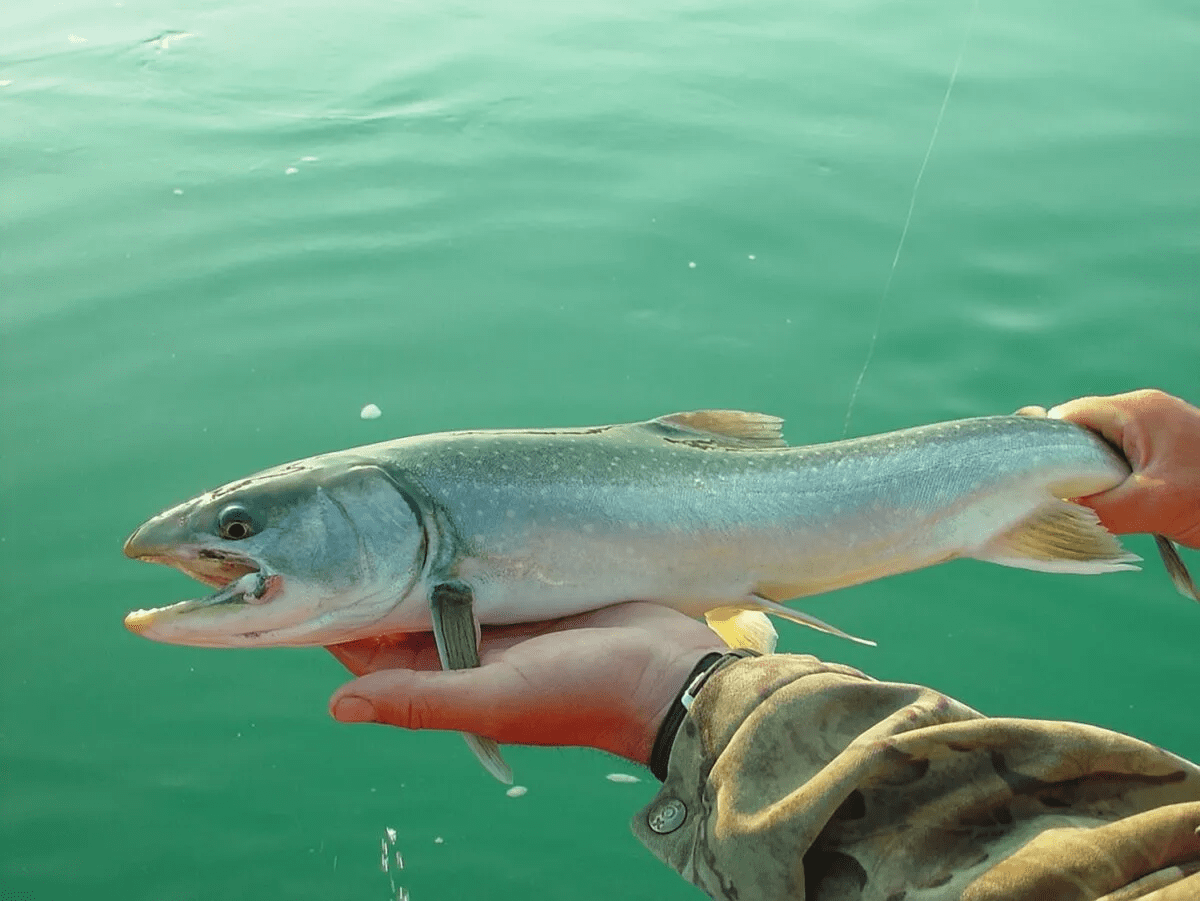According to a new study, consuming just one fresh water caught in a river or lake in the U S is equivalent to ingesting a month’s worth of water contaminated with the toxic “forever chemicals” known as PFAS. The PFAs were first developed in the 1940s for their resistance to water & heat. They are now commonly found in everyday items such as non – stick thepans,textiles, fire suppression foams & food packaging.These pollutants are also known as per- and polyfluoroalkyl substances.They have accumulated over time in the environment,including the air, soil, lakes, rivers, food, drinking water, & even in our bodies, as they are indestructible.
There is an increase in demand for stricter regulations for PFAS, the toxic “forever chemicals” that have been growing due to their link to various serious health problems, such as liver damage, high cholesterol, weaker immune systems & various types of cancer. A study conducted by a group of researchers to determine the level of PFAS contamination in locally caught fish, analyzed 500 samples from rivers lakes across the US between 2013 &2015. The journal Environmental Research has published the study. It has found the median level of PFAS in fish to be 9,500 nanogram per kilogram.
Almost three–quarters of the detected ”forever chemicals” were PFAS, which is one of the most prevalent & dangerous among the thousands of PFAS compounds. The researchers calculated & opined that consuming just one freshwater fish is equal to drinking water contaminated with PFOS at 48 parts per trillion for a month. According to the US Environmental Agency (EPA), the safe level of PFOS in drinking water is 0.02 parts per trillion.
The study says that the total level of PFAS in freshwater fish was 278 times higher than what has been found in commercially sold fish. According to David Andrews, a senior scientist at the non-profit organization Environmental Working Group, which conducted the research, “one can’t help but think about PFAS contamination every time a fish is seen”. According to him,the findings are particularly alarming, especially for disadvantaged communities that rely on fish as a source of protein or for cultural social reasons.
- Kate Middleton: Cancer Recovery “Really Difficult” Despite Remission Status
- Native Australian Bee Honey Works Against Germs Even After 18 Years When Regular Honey Fails
- Moving Diesel Car Exhausts to Right Side Could Cut UK Pavement Pollution by a Third
- 🔴 LIVE Extreme Weather Alert Central: China Floods, India Monsoon, US Storms
- 7 Missing After California Fireworks Warehouse Explosion Ignites 80-Acre Blaze
The publication of the findings of this study has sparked great frustration among many, including David, as it highlights the negligent action of companies that have contaminated the earth with PFAs & evaded accountability for their actions. According to Andrews, stricter regulations can put an end to all non-essential use of PFAS. Already ,Denmark, Germany, the Netherlands, Norway & Sweden have submitted a proposal to the European Chemicals Agency calling for a ban on PFAS. The European Chemicals Agency can take into consideration the findings of this study while deciding on a ban on the PFAS .

















